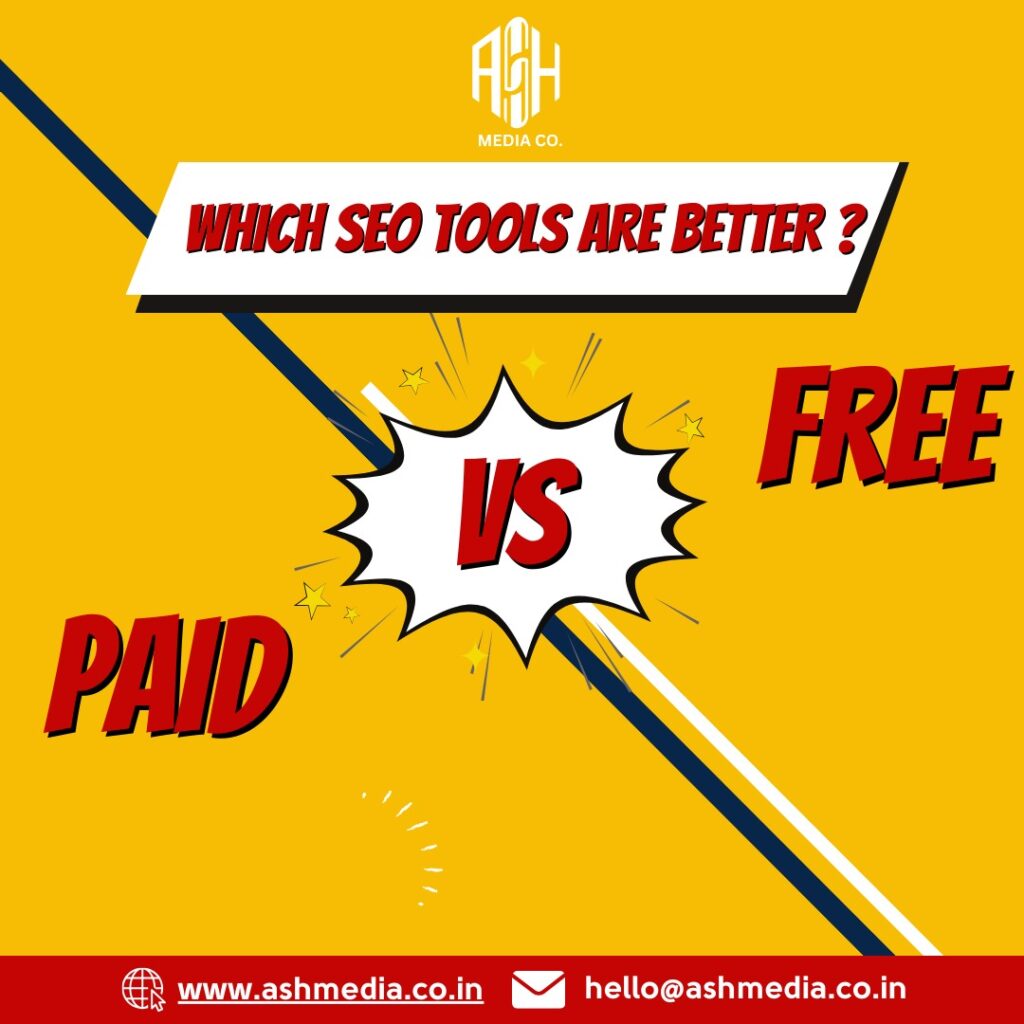Of the two leading strategies in digital marketing, Search Engine Optimisation (SEO) and Performance Marketing are the major players. Both seek to drive traffic, conversions, and revenue but do so with significantly different mechanisms. Whereas SEO seeks organic, long-term growth, Performance Marketing is based on short-term, measurable outcomes. In this blog, we contrast these two methodologies, examining their strengths, weaknesses, and performance to enable you to make the best decision for your business.
What is Performance Marketing?
Performance Marketing is an online marketing tactic in which advertisers pay for certain actions, including clicks, leads, or sales. This approach involves paid channels such as Google Ads, social media advertising, affiliate marketing, and influencer collaborations. In contrast to traditional marketing, where brands pay initially, Performance Marketing guarantees that companies only pay for quantifiable outcomes. It enables brands to monitor and optimise campaigns in real time, making it extremely effective for companies seeking immediate returns.
What is SEO?
SEO (Search Engine Optimisation is a process of making a website rank higher in search engines such as Google. It is a process of keyword research, content development, on-page and off-page optimisation and technical optimisation to enhance organic visibility. In contrast to Performance Marketing, SEO does not call for the spending on direct advertisements, but it does need ongoing effort in content creation and technical optimisation. The objective of SEO is to generate organic traffic, enhance brand credibility, and maintain long-term online presence.
Recommended Read:Key Metrics to Track in Performance Marketing for Better Results
The Key Differences Between SEO and Performance Marketing
- Cost and Investment
SEO takes effort and time but not direct costs to search engines. It’s a commitment to quality content, backlinks, and web optimization. Performance Marketing, however, carries upfront costs since companies have to spend budgets on ad placement and campaigns. The expense in Performance Marketing depends on competition, market trends, and ad performance.
- Speed of Results
SEO is a game of longevity. It takes time—sometimes months—to experience meaningful gains in traffic and rankings. Performance Marketing, on the other hand, brings immediate results. Once an advertisement campaign goes live, companies can instantly begin generating leads and customers, so it’s perfect for short-term revenue objectives.
- Sustainability and Long-Term Growth
SEO provides long-term benefits. After a website ranks well for contextual keywords, it can keep drawing organic traffic without incurring repeated costs. Performance Marketing, though quick, ceases to bring results the instant the budget runs out. If your business is in need of long-term growth, SEO is the superior long-term investment.
- Targeting and Precision
One of the biggest advantages of Performance Marketing is its precise targeting. Advertisers can reach specific demographics based on age, location, interests, and behavior. SEO, while powerful, relies on search engine algorithms and user queries, offering less control over audience targeting compared to Performance Marketing.
- Scalability
Performance Marketing is highly scalable. Businesses can increase budgets and expand ad campaigns to reach a broader audience almost instantly. SEO, however, requires a gradual process of content creation and backlink building. While SEO scales over time, it’s not as immediate as Performance Marketing.
Pros and Cons of SEO and Performance Marketing
| Factor | SEO | Performance Marketing |
| Cost | No direct ad spend, but requires investment in content and optimisation | Requires budget allocation for ads and campaigns |
| Speed | Takes months to show results | Provides immediate traffic and conversions |
| Sustainability | Long-term benefits and ongoing traffic | Stops when budget runs out |
| Targeting | Relies on search queries and algorithms | Offers precise audience targeting |
| Scalability | Grows gradually over time | Easily scalable with budget increases |
Which One is Better: SEO or Performance Marketing?
When to Choose SEO
SEO is ideal if:
- You want long-term, sustainable growth
- Your budget is limited for paid advertising
- You aim to build brand credibility and organic visibility
Recommended Read: Will Traditional On-Page SEO Still Be Effective in 2025?
When to Choose Performance Marketing
Performance Marketing is better if:
- You need immediate traffic and conversions
- Your business model relies on quick customer acquisition
- You have a sufficient budget for ad spending
Combining SEO and Performance Marketing for Maximum Results
Rather than choosing one over the other, businesses can benefit from integrating both strategies. Performance Marketing can drive immediate traffic and conversions while SEO builds long-term brand visibility. Here’s how to combine both:
- Use Performance Marketing to test keyword effectiveness before investing in SEO.
- Leverage re-targeting ads to re-engage visitors who came through organic search.
- Invest in SEO to lower ad dependency, ensuring sustainable traffic even when ad budgets fluctuate.
Conclusion
Both Performance Marketing and SEO have a role to play in a sound digital strategy. SEO provides endurance, credibility, and affordability, while Performance Marketing gives instant targeted and scalable effects. Companies ought to evaluate goals, timelines, and budgets so as to settle the appropriate harmony between these two great marketing practices. By linking SEO with Performance Marketing, companies can optimise reach, ROI, and long-term achievement in the online world.

